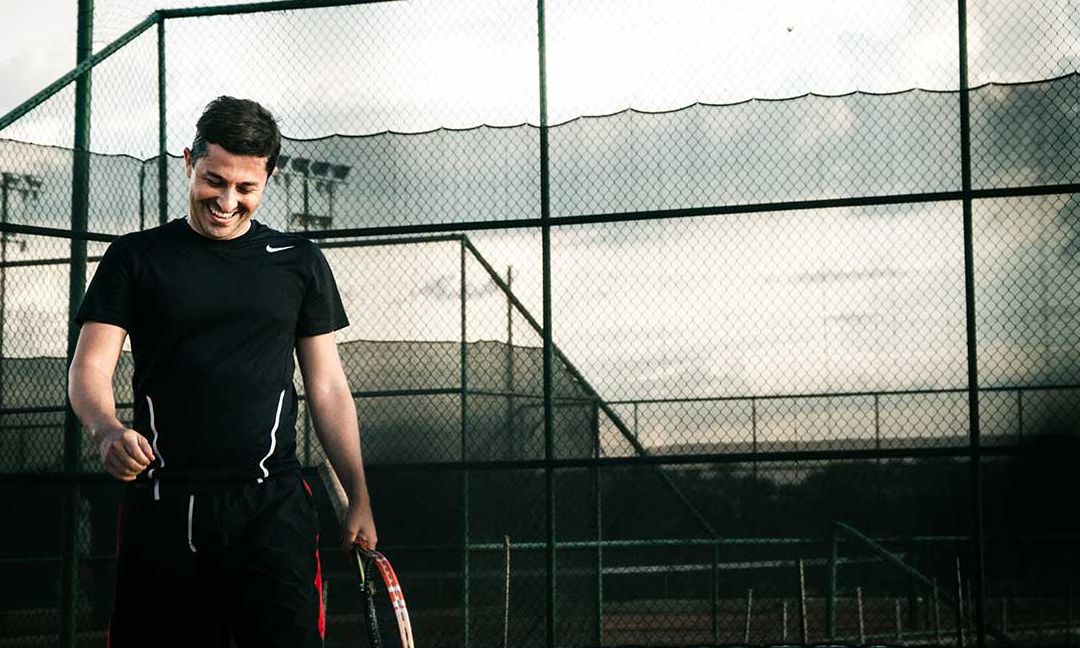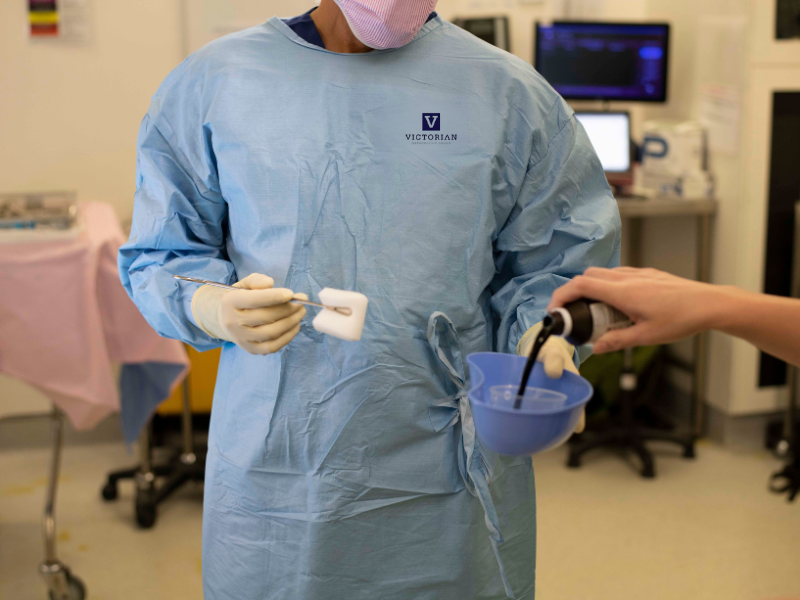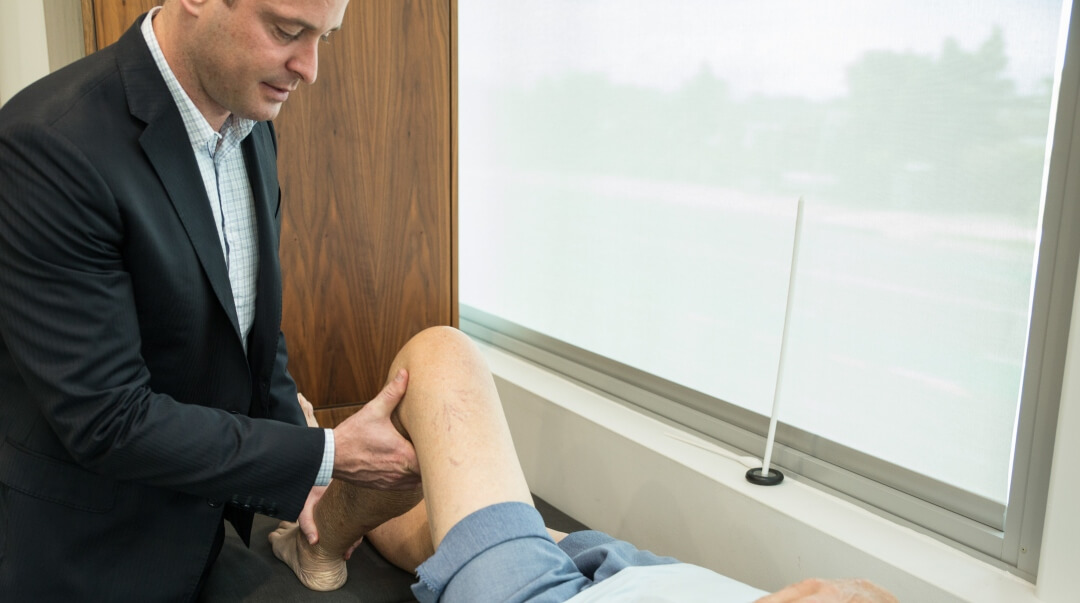
Every week in our clinic we hear the question “am I too young for a hip/knee replacement.” The simple answer to this question is – No, there is no age requirement to have joint replacement surgery! But let me explain this in more detail…
Total hip replacement (THR) and total knee replacement (TKR) are two of the most successful operations for improving quality of life, mobility and pain relief. In Australia 40,000 THRs and 50,000 TKRs are performed each year and of these 12 % and 7% are performed in patients less than 55 years of age respectively…meaning there are tens of thousands of younger Australians whose lives have been improved with joint replacement surgery.
There are several factors to consider when making the decision to proceed with joint replacement surgery. This includes the severity of the joint disease and symptoms, age of the patient, co-morbidities (such as cardiac problems, diabetes, obesity, pain syndromes or mental health) and whether a trial of non-operative management has been undertaken.
The primary concern for younger patients having joint replacement is that the implants will wear out over time and revision surgery will be required. A common myth is that most joint replacements will only last 10 years. Based on the Australian joint registry data only 1 in 9 THRs and 1 in 6 TKRs will require revision surgery after 18 years in patients who have their primary surgery before the age of 55, meaning we expect the majority of joint replacements to last many more years. Revision surgery can be minor or major and is not something necessarily to be scared of given how commonly it is now performed and the advances in implant technology.
Other concerns for younger patients include a higher dissatisfaction rate in some studies (especially for TKRs) and worries regarding inability to return to certain activities. However, a way to overcome this is by making sure patients are well informed and patient expectations are managed through comprehensive education. Most people would be surprised what type of low impact exercise can be performed after joint replacement surgery. There are also some people hoping for magical new treatments (such as stem cells) that are going to “cure” their arthritis however unfortunately these just do not exist.
In summary, when a patient presents with joint disease who has failed non-operative management and their symptoms are sufficiently severe to justify the risks of surgery, joint replacement can be performed regardless of age. By giving patients pain relief and improved function, people often are happier and healthier, even when having joint replacement at a young age.
If you would like to discuss your options we are happy to help so please contact our practice.
Scott Tulloch
Orthopaedic Surgeon









